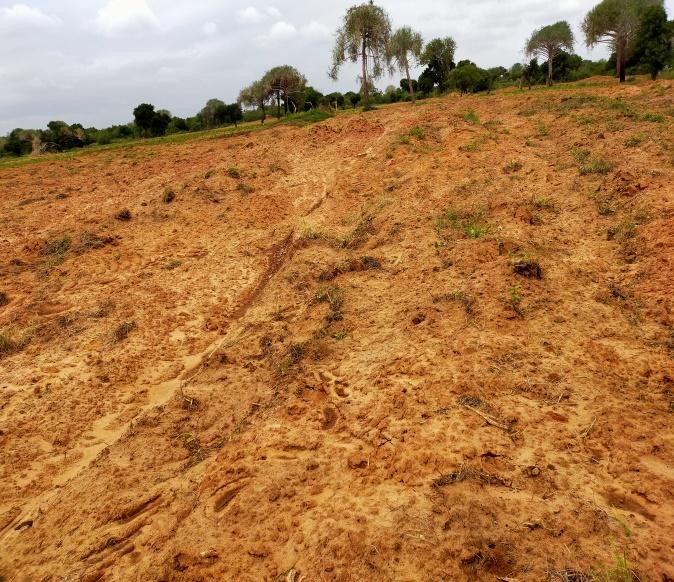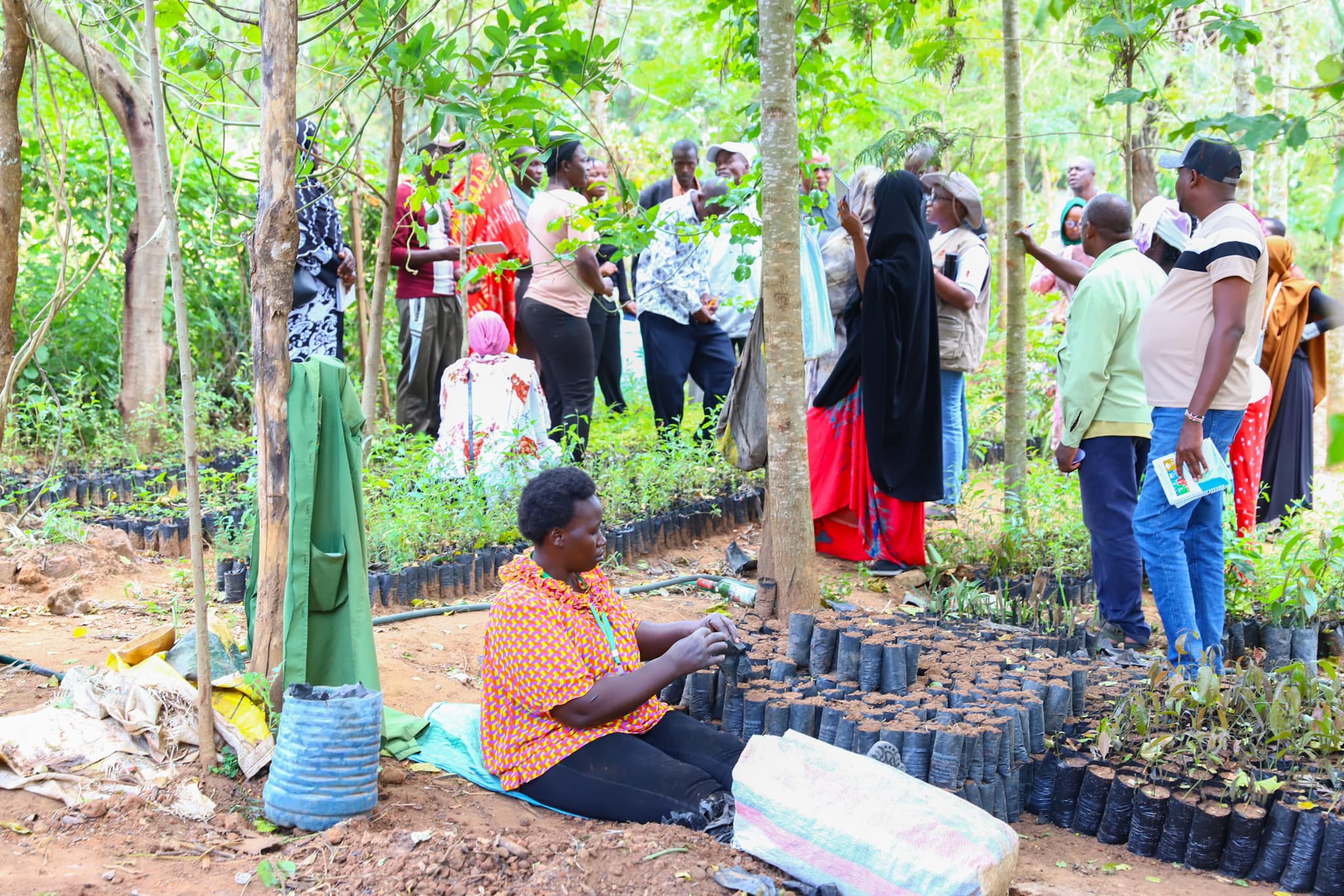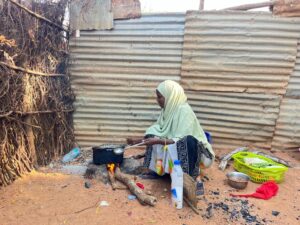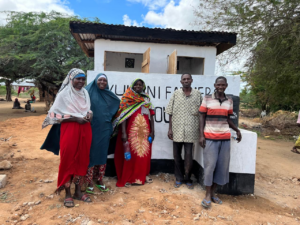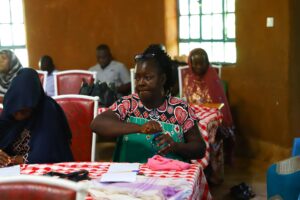The Story of Woman Agriculture Champion
Sarah Ngaari Kombe, a mother of seven, hails from Hurara village of Tana River Delta Sub County of Tana River County. Due to poverty his father could not support for her college Educations. Like many other girls in the village where is grew up she was left with no option but married off. This shattered her hope of progressing her dream of becoming a teacher. She fast found herself giving birth and took up the responsibility of a mother. At 40 years she has made a substantial contribution to food security in her community and still working toward elimination of Hunger and malnutrition among children in her community.
Tana river as a county is among the county with the highest poverty levels, food insecurity, high malnutrition, very high illiteracy levels and very low transitions for girls. the community in the sub county where Sarah comes from practice early marriage, female Genital mutilation and discriminate against girls in access to education. This has resulted to women disempowerment. Many women in Hurara village are either semi illiterate or illiterate with no particular source of income. It is under this background that Sarah decided to start as women group to address the challenges they faced especially in providing food for their children to address what was common, families going without food and even when they had food it was not balanced leading to malnutrition.
The women group was started in 2008. They started by meeting regularly engaging in Merry go around activity. This was to help raise many to support family meet basic need and buy household items. Forming the group was not easy as many of the members had no source of income. Sarah encourage the women to start rearing chicken so that they can get eggs that they could sell get income for the merry go round and enrich the children diet protein needs. The group grew from the initial 5 members to the current 60 members. Whereas the group started with women only it currently has 10 men among them.
In 2011 World food program through WHH were implementing a program in Tana Delta. Sarah group was selected to participate in the project. This catapulted the group into another level. The group was able to formalize their registration as a legal entity. They registered with the department of social services as Hurara Food for assets Women group. Sarah was elected as the chairperson of the group. Through her leadership skills the group was able to implement the project activities for the food for assets program. They opened up virgin farm lands, rehabilitated water points and participated in the soil erosion prevention activities. They continued working their farms and receiving food as their payment at the end of the month for two years. When the project came to an end and phased out, Sarah and the group member were faced with the stark reality that they could no longer continue getting food aid. Food aid was not sustainable they had to think of how to feed their families. community came into terms with reality that donor aid has stopped they therefore have to look for alternative means to sustain their lives.
Through the skilled gained in the project they decided that they will concentrate on using the asset acquired in the food for assets program to further food production. That asset was a posho mill. As the group leaders they prudently invested the income from milling to increased agriculture production of Maize and other food crops. They expanded the acreage under cultivation from 5 acres to 25 acres and later 30 acres. This so an increase in their production capacity for the staple maize from 25 bags to 125 bags. This meant that they have surplus to sell. This increase the income of group members and solved the food insecurity problem faced by the group members
The journey has not been easy; Sarah attribute the group success to the support received from the WFP/WHH project. Currently the group is a participating in the Pastoralist Girls Initiative AMAL Project funded by BMZ through Welthungerhilfe. The groups aim is continue addressing the challenges of production increased productivity and profitability of small holder farmers by up – scaling of good agricultural practices (GAP) & conservation agriculture, reduce post-harvest losses and improved marketing by advocating for aggregated sales. As a beneficiary of this project, Sarah has benefitted from capacity building trainings on Leadership, that gave her additional skills to supplement her passion.
Sarah sets out every morning to walk for over 7Kms to recruit farmers and lead demonstration farms at her farm. Through her aggression and leadership, the group was among the six that benefited for funding in the construction of a 28MT food storage facility built by Welthungerhilfe and group contribution. After the store is completed Sarah and the group intend to use the store as an aggregation point for group members pulsed harvested for better prize negotiations. This will enable them boost group and individual member’s income. Looking forward, as the chairperson and groups spokesperson, Sarah is looking at a bright future for the community where there will be Zero hunger, no malnutrition and Women are able to have enough income to provide for their family basic need and education. Sarah has managed to be a voice of hope for the thousands of the women in her community that were struggling to feed their families. She has given them a purpose and means of life. Sarah still needs to work hard to achieve zero hunger and she is pleading with well-wishers to support her achieve this goal.
